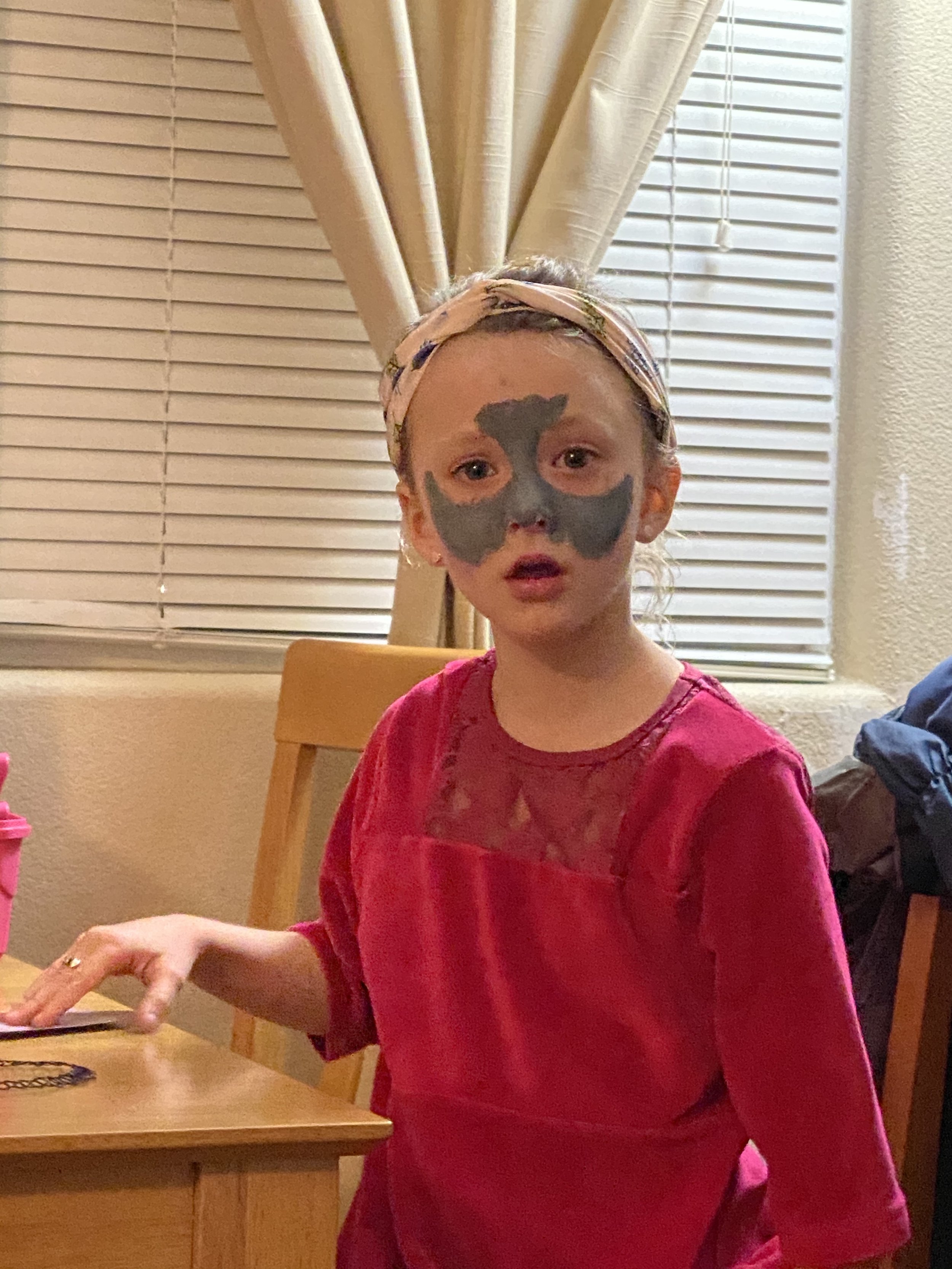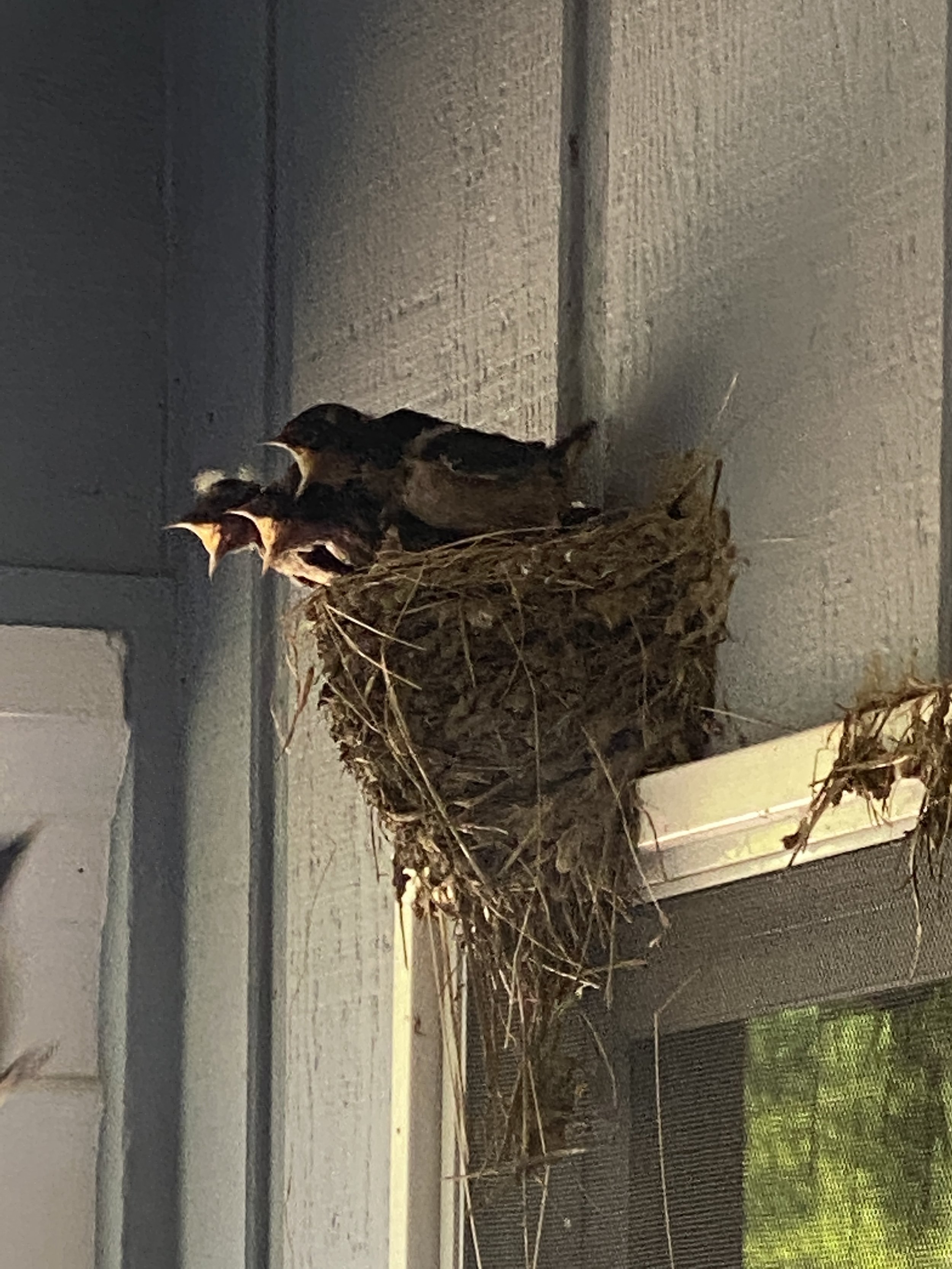I arrived at God’s house and found Him truant - Dean R. Krosecz, Tsunamis
Dean Krosecz never imagined himself as a Christian. After he became one, he never dreamed he’d one day reject the supernatural in his desire for a more perfect love. But that’s exactly what happened.
As a child Dean lived in an unhinged household. His dad, a member of the outlaw motorcycle club, the Cossacks, left when Dean was eighteen months old. With little supervision, Dean roamed the alleys looking for trouble. By the time he was a teenager he was immersed in drug and alcohol abuse.
At seventeen Dean joined the Air Force, although his dream was to become a rock star. He also loved writing poetry, which he’d been doing since junior high. Scoring high in linguistics, Dean was sent by the Air Force to California where he spent a year learning Russian. But substance abuse followed him into the military and he was sent - by the Air Force - to rehab. When he was released, he went right back to the superficial comfort of drugs and alcohol.
The chaos of his childhood and his inability to get a grip on his life made Dean rife for the clutches of a “name-it-and-claim-it”, get-rich oriented branch of Christianity. At age twenty-one Dean fell whole-heartedly in love with what seemed to be a vibrant, loving branch of Christianity. He fell in love, married, began a family, and took an interest in becoming a minister. The church promptly told him he’d need to give up playing secular rock music.
I have always longed for a life that fits me
Right away problems arose in the marriage - Dean wanted a life devoted to something meaningful - at this point, the ministry, but his wife, whom I’ll call M., didn’t want to be married to a minister. Still, she promised that she’d put her husband through Bible school. That didn’t happen. Even though Dean and M. had three children by this time, M. wanted out of the marriage. Within the first year of their separation, Dean took custody of all three children, ranging in age from two to ten-years-old.
As difficult as it was raising three children without a traditional job, Dean made ends meet by opening a music school in his home, and traveling around the country leading worship and serving as a lay-minister. He became involved in both homeless and prison ministries. He met with some of the biggest names in his denomination. At evangelistic gatherings, after he’d led worship, he’d wander through the crowds offering them “prophetic words of God”.
Something was working for Dean. Serving people had become important than drugs or alcohol.
Thoughts of you become more infrequent
As Dean began to study theology more deeply, however, contradictions and anomalies confused him. A couple of years earlier, when Dean was living in Houston, he’d set up a place for all the churches to come together to pray for the city. A wealthy donor had entirely financed the project. But various denominations opted out because they felt that they couldn’t pray with other denominations. Why was God not willing, wondered Dean, to bridge these differences? Shouldn’t God be a better communicator than, say, Tony Robbins?
Struggling financially, Dean stopped by to talk with his pastor. “You’re no better than an infidel,” the pastor spat at him, “because you’re unwilling to take a traditional job.”
“What?” Dean wondered. Other ministers had told him that the highest calling in the world was in the ministry.
Doubts pressed into him. Shoving “the gospel” down people’s throats seemed antithetical to love, the very core of what his faith claimed to epitomize. Dean came out against the Iraq war, then two years later, in favor of gay marriage, and he watched as the people who claimed to have unconditional love turned their backs on him.
I felt like a broken piece of glass
Drawing blood from all I came in contact with
Not surprisingly it took six years of questioning for Dean to realize one day that he could no longer deal with the dissonance. The so-called unconditional love that Dean thought he’d embraced with his faith was actually based on a person fulfilling a certain set of conditions: you do this and that and you get our love. Dean realized he no longer believed in the kind of deity that his church laid out for him. Slowly, without any fanfare, Dean pulled away.
“How did everyone react?” I asked.
“The worst came in 2015 when I was supporting Bernie Sanders,” he replied. “I lost nearly half of my guitar students overnight. One parishioner said I was part of the enemy and people I’d been friends with began to pummel me on Facebook.”
“And the up side of leaving your faith?”
Dean didn’t have to think about it. “My oldest son and I were driving somewhere and he looked at me and said, ‘Dad, something’s different’, and I realized that I wasn’t scared any longer, that I knew I hadn’t done anything wrong. I hadn’t screwed anything up.”
What is this life for if not finding your heaven on earth?
As the dust settled, Dean moved to the Poconos, got in touch with nature, wrote poetry, and played his guitar. Recently, though, due to financial concerns, Dean moved back to the city. “I’m focused on finding deep peace within myself wherever I live and whatever I’m doing,” Dean told me. “I’m still a minister. I still want to help people find better lives. I just realized that I don’t have to believe in the supernatural to do that.”
And there’s his guitar.
And poetry.
I made myself smile today. The joke was OK but the smile was luxurious
Check out Dean’s books at https://www.amazon.com/Dean-Krosecz/e/B00DJ595A4?ref=sr_ntt_srch_lnk_1&qid=1654617851&sr=8-1
All italicized phrases are from the following books and are used by permission:
I have always longed for a life that fits me - Dean R. Krosecz, Thoughts in Winter, 2022
Thoughts of you become more infrequent - Dean R. Krosecz, Thoughts in Winter, 2022
I felt like a broken piece of glass
Drawing blood from all I came in contact with - Dean R. Krosecz, Dangles, 2020
What is this life for if not finding your heaven on earth - Dean R. Krosecz, Sacredness of Mountain Solitude, 2016
I made myself smile today. The joke was OK but the smile was luxurious - Dean R. Krosecz, Thoughts in Winter, 2022











